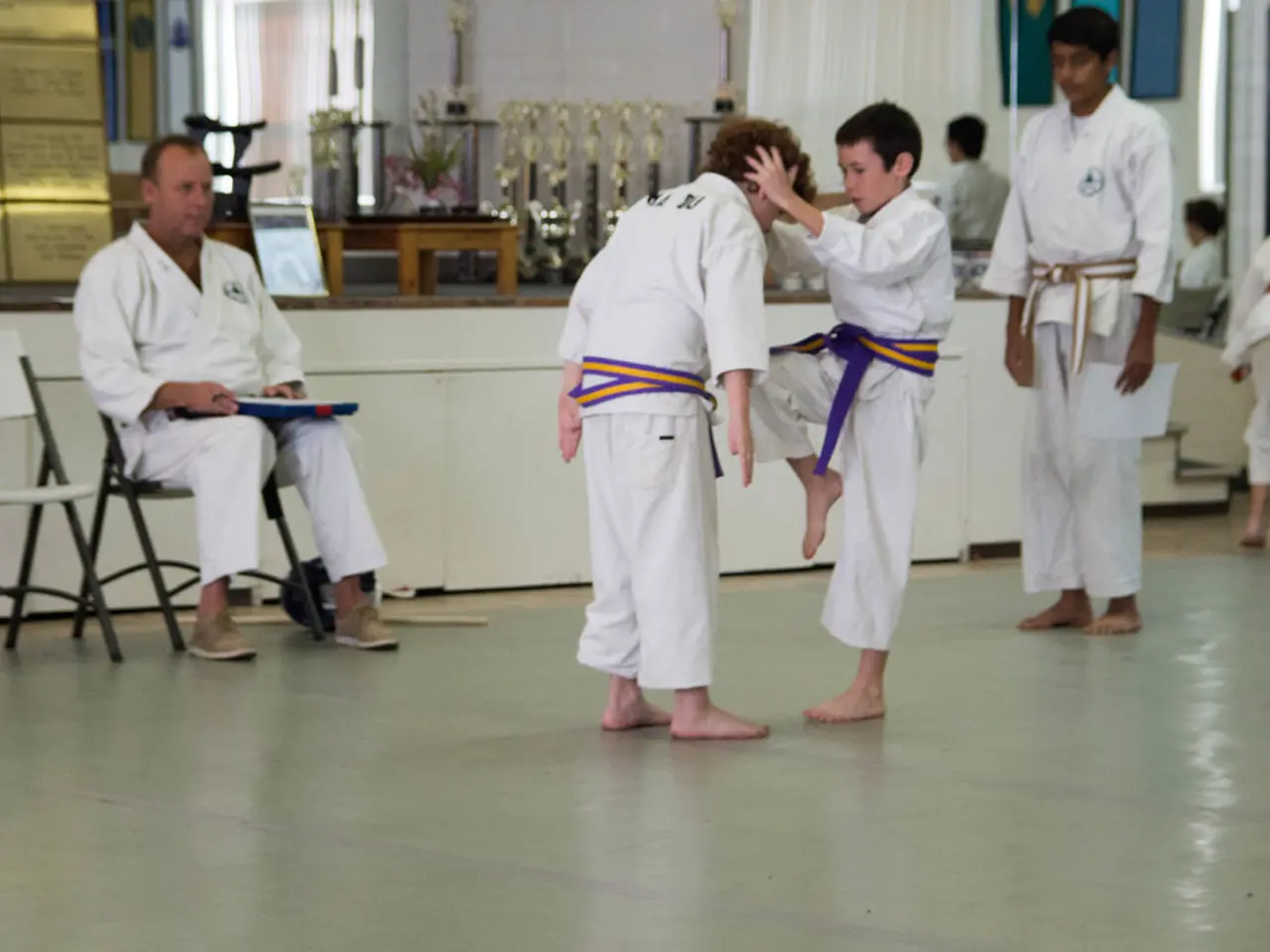Feeling Like Someone's Always Watching Over You? You May Not Be Imagining Things
In the intricate web of human biology, one aspect stands out as crucial to our understanding of ourselves and our interactions with others - our brain's ability to subconsciously detect when someone is watching us. This phenomenon, while sometimes unsettling, is a testament to our brain's remarkable ability to process social cues, rooted in evolutionary survival mechanisms.
Detecting a predator's gaze or an adversary's attention could mean the difference between life and death in ancestral environments. This rapid, automatic alert system, facilitated by subcortical brain pathways like the superior colliculus, pulvinar, and amygala, allows us to quickly identify when we are the focus of attention, essential for threat detection and social engagement.
In social interactions, this subconscious gaze detection helps individuals assess others’ intentions, emotions, and social cues without deliberate effort. Brain regions such as the precuneus and anterior insula support this process by aligning observed cues with internal models of others’ emotional states, tuning social behaviour and enabling humans to respond appropriately to others' presence and mental states.
This background awareness is fundamental for human evolutionary success, reinforcing social bonds and group cohesion. The "stare-in-the-crowd" effect demonstrates our brains' exceptional skill at identifying direct gazes amidst a crowd of averted ones.
However, in certain individuals, the persistent feeling of being watched can lead to anxiety or paranoia. Being aware of our brain's predisposition to sense observation can empower us to better manage our reactions in such situations. Grounding techniques and mindfulness practices can help redirect focus and alleviate discomfort.
Research suggests that our brains have evolved to err on the side of caution, often assuming we're being watched even when we're not. Understanding this phenomenon can enhance our social interactions, improving communication and empathy, and fostering deeper connections with others. This phenomenon is known as "blindsight."
Embracing this aspect of our biology can lead to a better understanding of ourselves and our interactions with others. The next time you feel eyes upon you, take a moment to appreciate the intricate neural networks at play, keeping you attuned to the world around you. Understanding the underlying mechanisms of this phenomenon can help mitigate these feelings and provide reassurance, reminding us of the incredible complexity of the human brain.
[1] Morrone, J., & Burr, D. C. (2011). The neural basis of gaze perception. Current Opinion in Neurobiology, 21(5), 583-589.
[2] Adolphs, R., Tranel, D., & Damasio, H. (2005). The neural basis of social cognition: insights from neuropsychological and neuroimaging studies of humans with damage to the medial temporal lobes. Trends in Cognitive Sciences, 9(1), 31-37.
- Despite the unsettling feeling it can sometimes cause, our brain's subconscious ability to detect when we're being watched is a crucial aspect of human health-and-wellness, as well as mental health, enabling better social interactions, threat detection, and empathy.
- By understanding the underlying mechanisms of this phenomenon through research like that presented in the study by Morrone and Burr (2011) and Adolphs, Tranel, and Damasio (2005), we can embrace our biology and use it to manage our reactions in situations where we feel watched, fostering a better understanding of ourselves and others.




